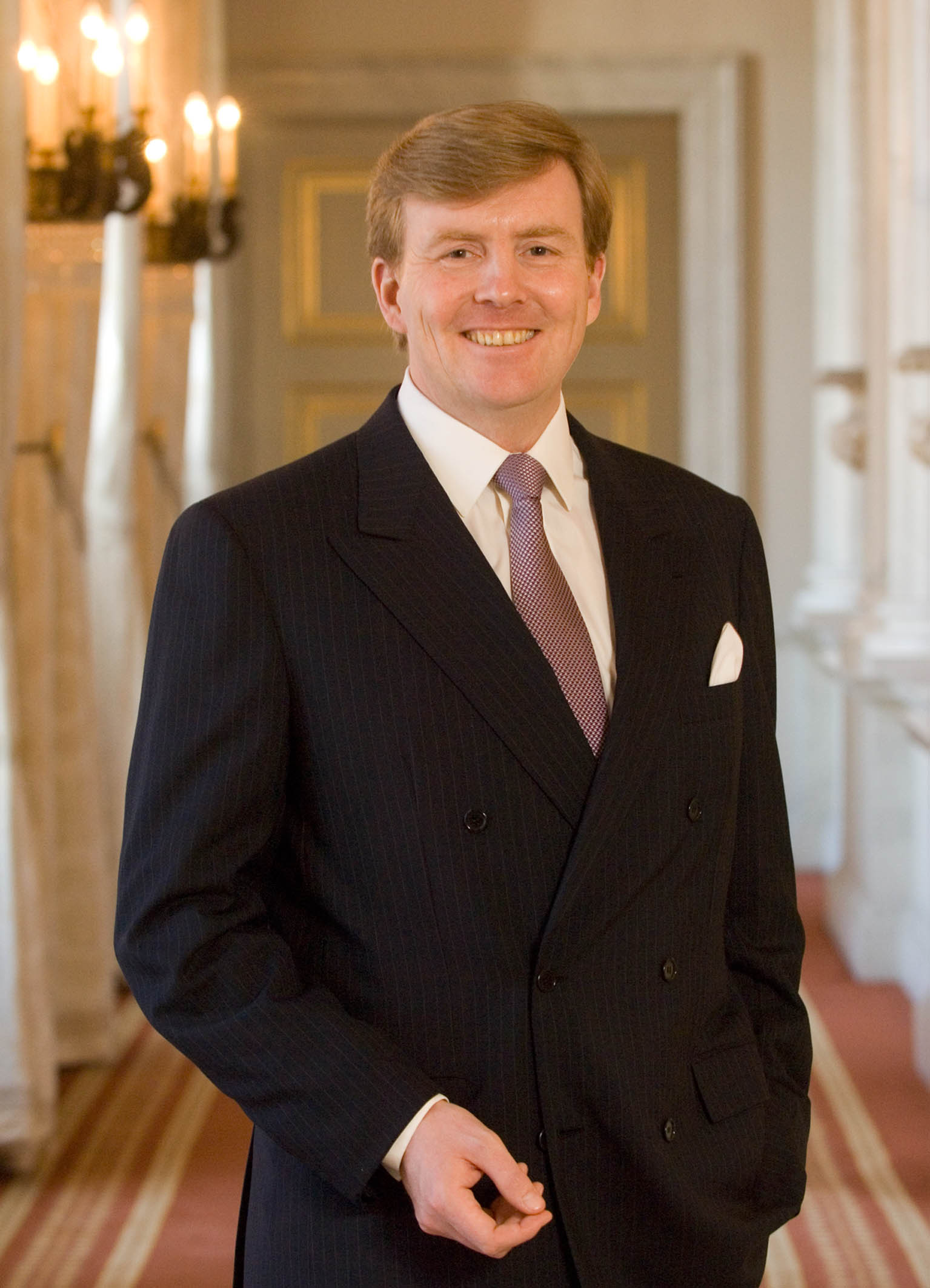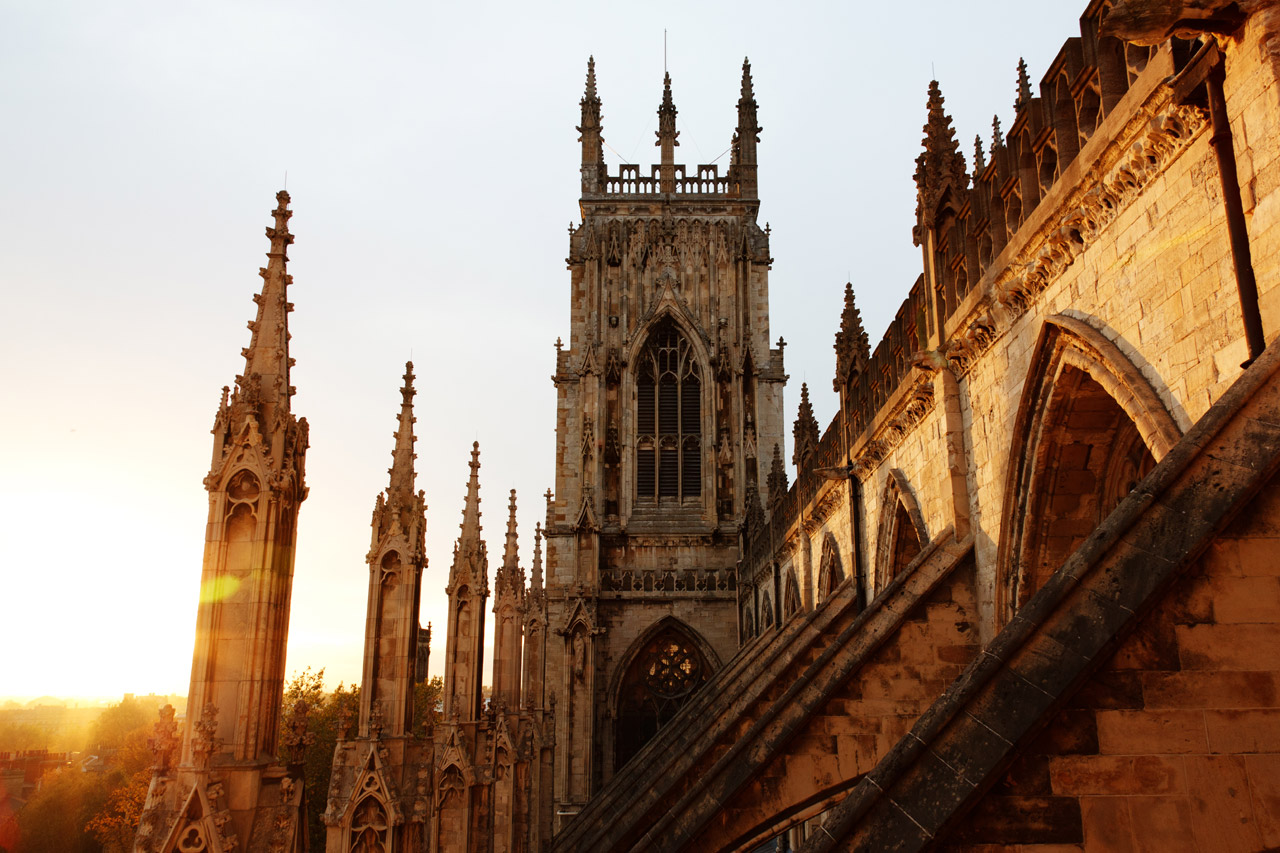
Introduction to Zagreb
Zagreb, the capital city of Croatia, has emerged as a significant cultural and historical hub in Central Europe. With its enchanting architecture, vibrant street life, and rich offerings of art and culture, Zagreb draws visitors from all around the globe. Its unique blend of historical heritage and modern developments makes it not only a prime tourist destination but also a crucial focal point for business and education in the region.
A Glimpse into Zagreb’s History
The history of Zagreb dates back to Roman times, with evidence of settlement in the area being unearthed. The city itself began to take shape in the Middle Ages when two towns, Gradec and Kaptol, merged. This foundational history is reflected in the city’s architecture, as evidenced by the well-preserved medieval buildings in the Upper Town, including St. Mark’s Church with its distinctive coloured roof. Over the centuries, Zagreb has experienced significant transformations, maintaining its role as the political and cultural heart of Croatia.
Modern Zagreb: A Blend of Tradition and Progress
Today, Zagreb is a city that balances its historic roots with modern advancements. The city’s vibrant cultural scene is highlighted by numerous museums, galleries, and theatres. The Museum of Broken Relationships, which has gained international acclaim, offers a unique perspective on love and loss. Additionally, the Croatian National Theatre continues to produce world-class performances.
The city’s streets come alive with street art and bustling cafes, particularly in the Tkalciceva Street area, famed for its nightlife and social atmosphere. Furthermore, the recent investment in infrastructure, including improvements to public transport and urban spaces, illustrates Zagreb’s commitment to progressing while preserving its charm.
Festivals and Events in Zagreb
Zagreb hosts a variety of festivals and events throughout the year that celebrate its cultural diversity. The Advent in Zagreb event, which transforms the city into a holiday wonderland, has received accolades for its festive atmosphere, drawing locals and tourists alike to its markets and events. Moreover, the city regularly features music festivals, art fairs, and gastronomic events that showcase Croatian talent and the country’s rich culinary traditions.
Conclusion: Embracing the Future
Zagreb stands as a testament to how a city can embrace its history while paving the way for a modern future. As urban development continues and cultural initiatives thrive, the city is poised for further growth and innovation. For travellers and residents alike, Zagreb offers a deeply enriching experience marked by heritage, creativity, and community. As interest in Zagreb continues to rise, it is clear that this dynamic city will play a crucial role in shaping Croatia’s future.
You may also like

Exploring East Grinstead: History and Attractions

The Royal Opera House: A Jewel in London’s Cultural Landscape

Exploring the Historic City of York: A Cultural Gem
SEARCH
LAST NEWS
- Remembering Wendy Richard: The Promise to Co-Star Natalie Cassidy
- How Did Anglian Water Achieve an ‘Essentials’ Rating for Mental Health Accessibility?
- Shai Hope Leads West Indies in T20 World Cup Clash Against South Africa
- What We Know About Weston McKennie: Future at Juventus and Past at Leeds
- What We Know About the Upcoming Live Nation Antitrust Trial